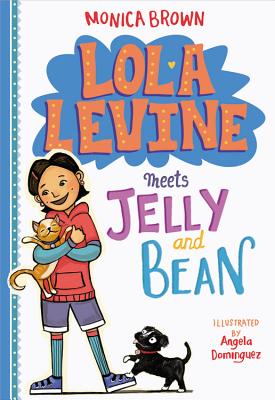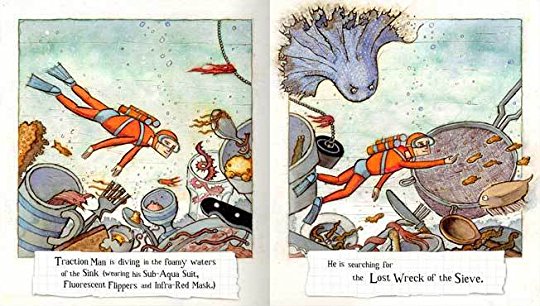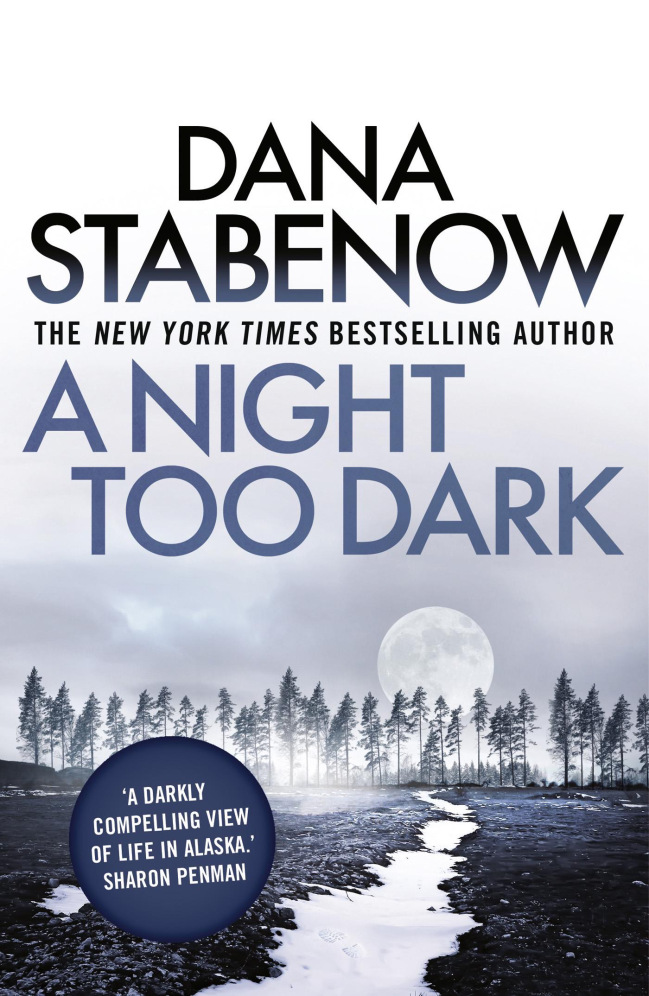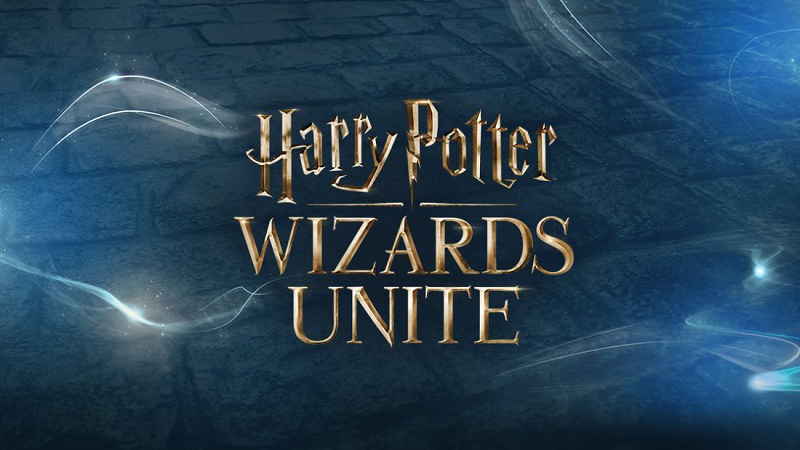
Sometimes people change. Friends change. Marriages end. People move. Sometimes loved ones with problems, or friends in trouble, don’t want to be saved. These are the heartbreaking truths of adulthood that Anne Ursu beautifully and brilliantly explores in her mid-grade novel Breadcrumbs.
It’s hard for boys and girls to stay best friends as they grow older. Jack is the only person Hazel knows who has a real imagination. Once they played tea parties in the Arctic or Wonderland or outer space and invented superhero baseball (because superheroes need organized sports too), but lately Jack’s started playing capture the flag and football with the boys at fifth grade recess.
“Sometimes your friends change,” Hazel’s mother tries explaining. “Sometimes when you get older you grow apart” (86). The astute reader knows that the mother could as easily be speaking of her own divorce. As a divorced woman myself, this double theme of loss struck me deeply; I identified with both Hazel and her mother. (I cried.)
Because of the divorce, the change in family finances lands Hazel in public school for the first time. Public school, unlike her previous school, stresses rules over creativity; she has trouble adjusting. She learns that “school [is] very easy … if you just disconnected your heart.” (117). At the same time, Jack’s mother’s chronic depression turns his heart cold, and in true fairy-tale fashion he goes off with the white witch into an enchanted frozen woods, “and by the time [he] came to her palace, he felt nothing at all” (112). Hazel knows she is the only one who can save him.
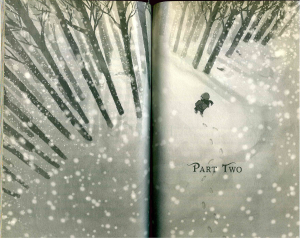
Drawing by Erin McGuire
By fairy-tale, I don’t mean sanitized and happily-ever-after. Ursu’s book is breathtakingly beautiful, a moving retelling of “The Snow Queen” and a superb homage to her forbearers with her delightful allusions to “The Red Shoes,” “The Little Match Girl,” “The Swan Maiden” and of course “Hansel and Gretel” and others.
Every quest is a journey into self-knowledge, and Hazel comes to realize that just “because someone needed saving” it doesn’t mean that “they were savable” (247). The term codependence never appears in the text: Hazel is a strong heroine, a “brave knight” and not a victim — Jack must and does participate in his own saving. I still applaud Ursu for introducing to readers the truth that I hope every young woman learns before adulthood: one cannot save another.
The themes of friendship and belonging are seamlessly intermingled with questions of identity, adoption, skin color, and parental problems (depression; grief) in a rich, multilayered and fully realized whole. Brava. Stunning and breathtakingly beautiful.
An exquisite gem. Recommended for all fairy tale girls and women.
Ursu, Anne. Breadcrumbs. Walden Pond Press / HarperCollins. 2011. Print.
A Discussion Guide is available on the author’s website.
Advertisements Share this:
